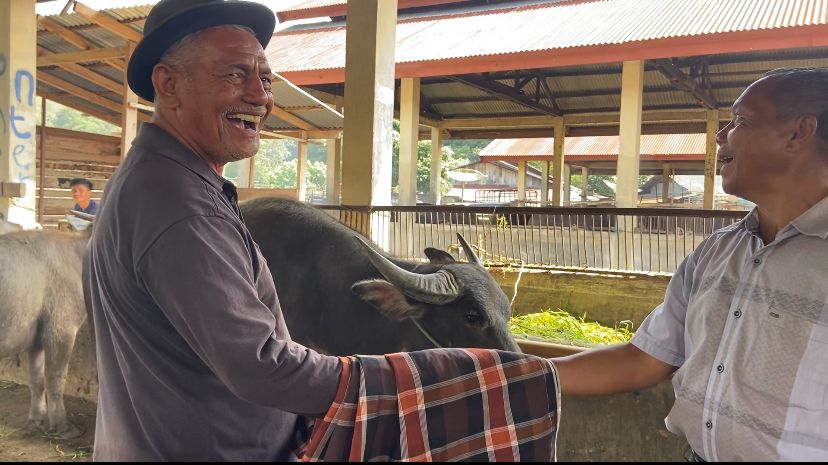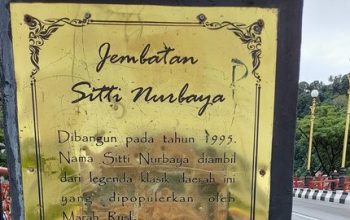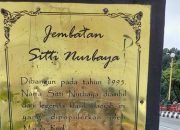Marosok is a unique livestock trading tradition practiced in the Minangkabau region of West Sumatra, Indonesia. This traditional method of negotiation is characterized by its secretive and tactile process, reflecting the rich cultural heritage of the Minangkabau people.
Secretive Process:
The negotiation of prices in marosok is conducted through a series of hand squeezes concealed under a cloth or sarong. Both the seller and the buyer communicate their offers and agreements through these hand signals without verbal exchanges.
Honesty and Trust:
The marosok tradition heavily relies on honesty and trust between the seller and the buyer. Once an agreement is reached through the hand signals, both parties are expected to honor the deal.
Cultural Values:
This tradition embodies the cultural values of the Minangkabau people, such as deliberation, consensus, and communal cooperation. Marosok also reflects the local wisdom in maintaining social and economic relationships within the community.
Execution:
Marosok typically takes place at livestock markets or during certain traditional events. The seller and the buyer sit close to each other and carry out the negotiation in a discreet manner to maintain the secrecy of the process.
Social Aspect:
Beyond the transaction itself, marosok serves as a social gathering, fostering interaction and strengthening bonds among community members. It is a moment for people to meet, converse, and reinforce social ties.
Marosok is a cultural heritage of the Minangkabau people that continues to be preserved, although it faces challenges from modernization and changing times. This tradition not only showcases the unique way of trading but also highlights the deep-rooted values and social cohesion of the Minangkabau society.
















